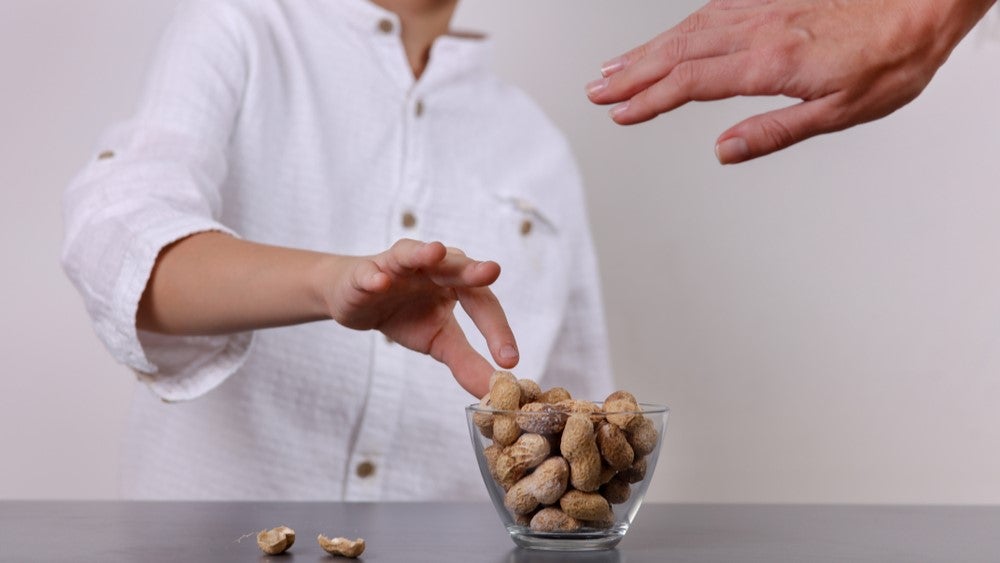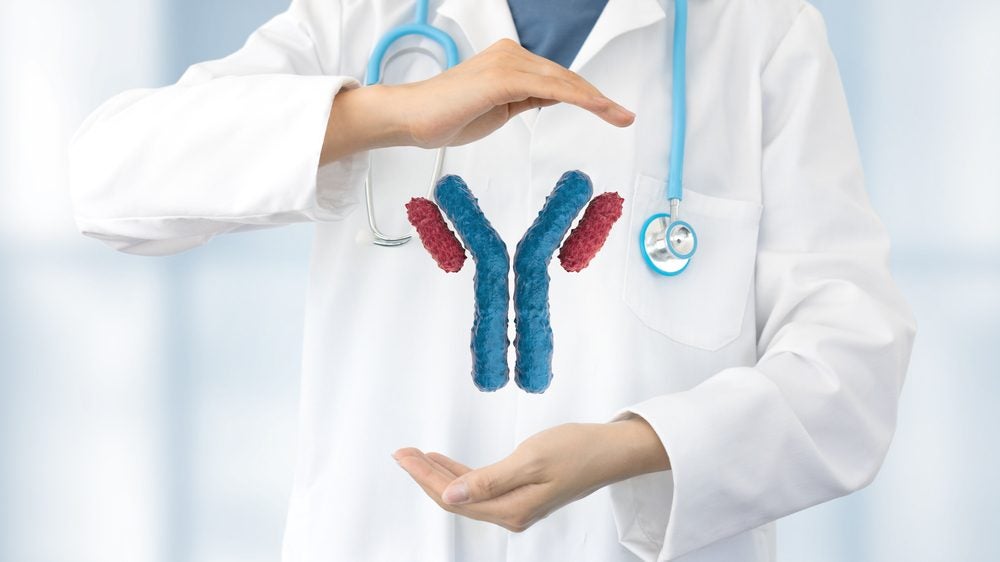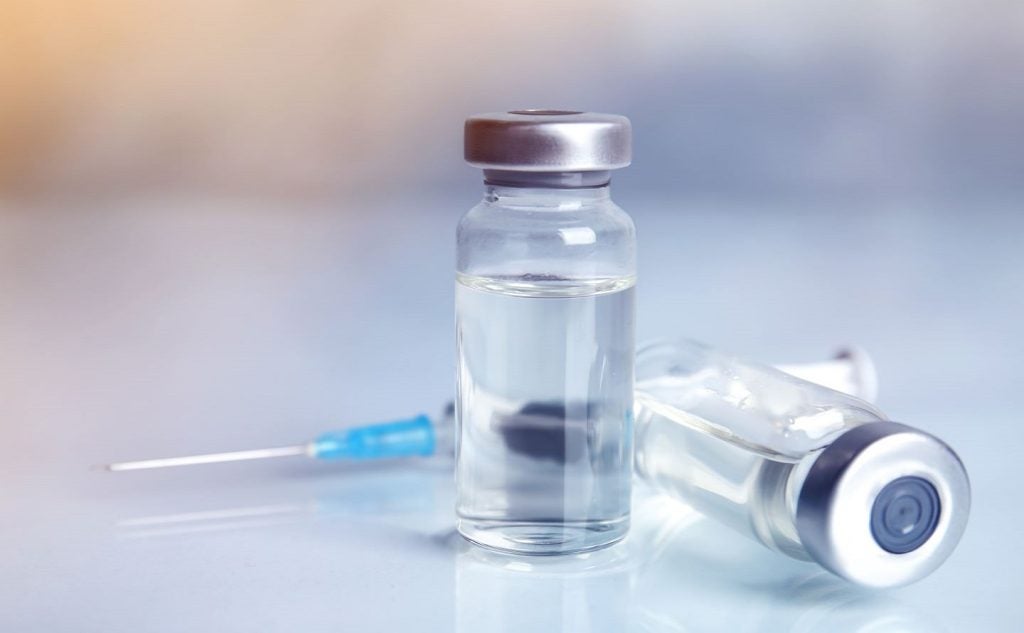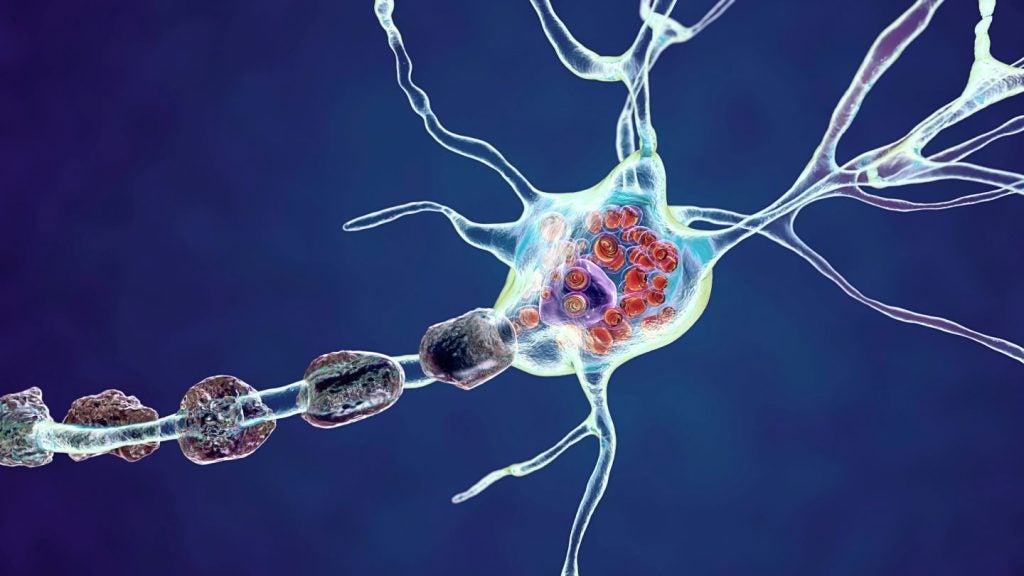DBV Technologies has received written feedback from the US Food and Drug Administration (FDA) regarding the remaining study design elements for the COMFORT supplemental safety studies for Viaskin Peanut.
DBV also reported cash and cash equivalents of $149.1m as of 30 September 2023, with an operating income of $6.9m for the past nine months. The company has a market cap of $211.874m.
In April, the FDA stated that although DBV’s peanut allergy patch successfully met the primary endpoints in the Phase III EPITOPE trial (NCT03211247) in toddlers (aged 1-3 years), an additional safety study is required for approval.
The Viaskin patch’s approval process has been a tumultuous one. In 2017, the allergy patch failed to meet its primary endpoint in the Phase III PEPITES clinical trial (NCT02636699) in children aged between four and 11 years. The company’s second attempt at Phase III VITESSE trial in the same age group suffered a setback when the FDA placed a partial clinical hold on the study in September 2022. The hold has since been lifted and the company expects to share topline data from the study in H1 2025.
Following the back and forth with the FDA, DBV chose to pursue Viaskin Peanut’s approval for the two age groups, namely toddlers (aged one-three years) and young children (aged four-seven years), separately. To that end, the French company is conducting two safety studies, COMFORT Toddlers and COMFORT Children.
The COMFORT Toddlers study is expected to begin enrolment in Q1 2024. In addition to the peanut-specific IgE and skin prick test to establish a peanut allergy, it will also include a double-blind, placebo-controlled food challenge (DBPCFC) as part of the inclusion criteria.
The COMFORT Children study will not have DBPCFC as part of the inclusion criteria. Additional changes to the study protocol for both COMFORT studies are the product guidance which states “Each DBV712 250μg epicutaneous system is intended to be worn for a full day (24 hours).”
As of 30 October, Nestle Health Science has also terminated the collaboration agreement with DBV to develop a standardised atopy patch test tool for diagnosing cow’s milk protein allergy (non-IgE-mediated) in infants and children. The corresponding APTITUDE trial was also terminated due to “enrolment difficulties”, as per DBV’s press release.














